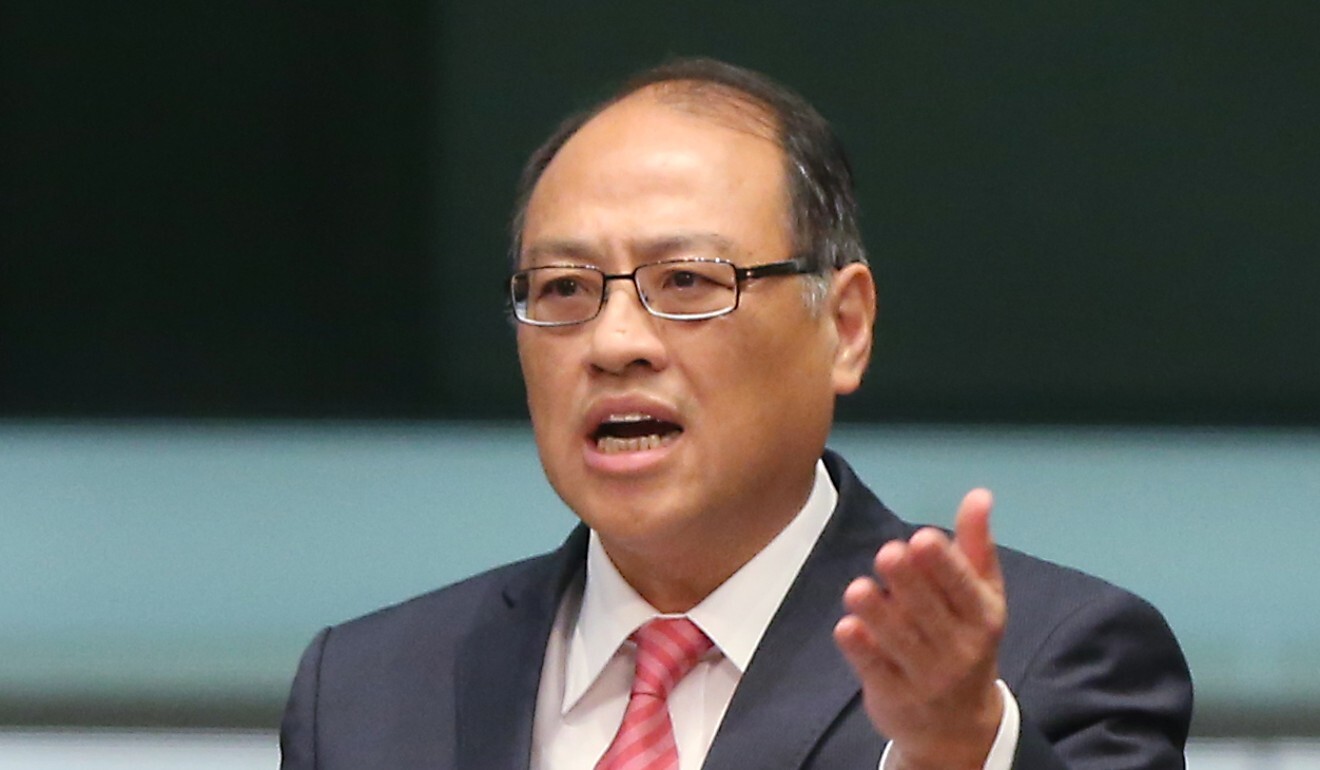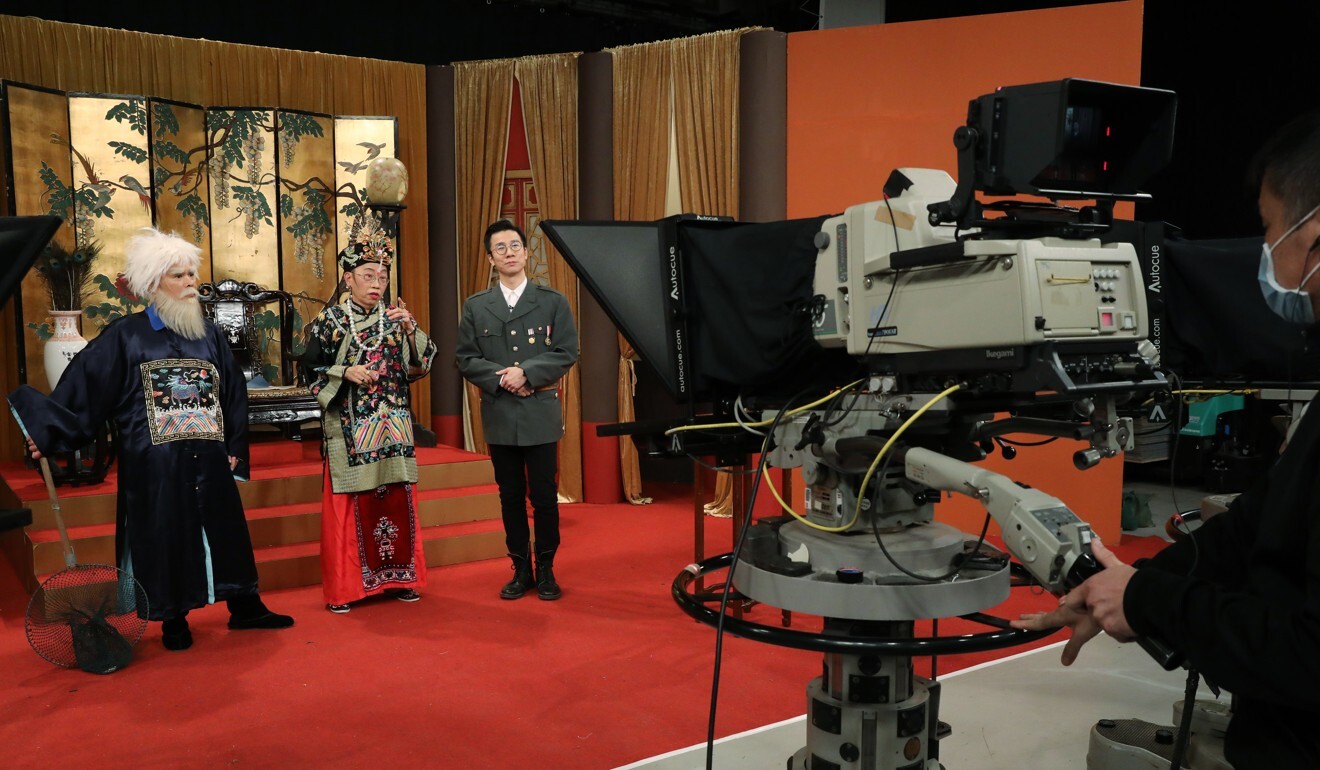
New chairman of Hong Kong public broadcaster RTHK’s board a former lawmaker with strong ties to Beijing
- Lam Tai-fai represented the industrial functional constituency and is a member of Chinese People’s Political Consultative Conference
- Top lawyer Thomas So, who backed national security law, also named to board alongside former i-Cable executive Raymond Chiu

Two pro-establishment figures with ties to Beijing have been handed roles on the board of advisers to Hong Kong’s public broadcaster.
Former pro-establishment lawmaker Lam Tai-fai has been named the new chairman, while Thomas So Shiu-chung, a lawyer who backed the implementation of the new national security law, has been made a board member.
Hong Kong leader Carrie Lam Cheng Yuet-ngor also named former i-Cable executive Ronald Chiu Ying-chun to the board, with the trio replacing Eugene Chan Kin-keung, the outgoing chairman, Walter Chan Kar-lok, and Mohan Datwani.
A government spokesman revealed the appointments on Friday, a day after it emerged that RTHK had removed a programme featuring wanted activist Nathan Law, because of the new legislation.

Lam, a former lawmaker for the industrial functional constituency, and So, a former president of the Law Society, are, respectively, current and former members of the Chinese People’s Political Consultative Conference (CPPCC), Beijing’s top advisory body.
The broadcaster’s perceived liberal leanings have made it a target for pro-establishment supporters over the past year, and it has been subject to a recent management review, initiated by the government.
That followed a series of incidents involving controversial content, including a show the city’s broadcasting watchdog decided insulted police over their handling of last year’s anti-government protests.
Secretary for Commerce and Economic Development Edward Yau praised Lam for his rich experience in public service.
“I am confident that he can lead the [board of advisers] to assist RTHK in fully achieving its public purposes and mission as set out in the Charter of RTHK,” he said.
As well as being a member of the CPPCC, Lam is also the chairman of Polytechnic University's council, and the chairman of the Hong Kong Sports Institute.
He rose to prominence in his earlier days in the industrial sector, and became a lawmaker representing it between 2008 and 2016.

Lam is also known for his philanthropy, founding the Lam Tai Fai Charitable Foundation, which supported his Lam Tai Fai College, a secondary school in Sha Tin.
So, a commercial specialist with international law firm Mayer Brown, argued against suggestions that the national security law would be an erosion of Hong Kong’s rule of law.
Chiu, a former executive director of i-CABLE news and sports who stepped down in March, was among the senior media executives invited to Beijing in 2014 to meet then-Basic Law Committee chairman Li Fei, shortly before the Occupy protests broke out later that year.
As chairman of the Hong Kong News Executives’ Association at the time, he cited Li, saying Beijing had concerns about letting someone who was opposed to central government lead Hong Kong.
Gladys Chiu Sin-yan, chairwoman of the RTHK Programme Staff Union, urged Lam to respect the professionalism of the press, and acknowledge pluralism as being one of Hong Kong’s values.
“The union reiterates that the board is an advisory body in nature and expect the new chairman, as well as members, to take note of the limitations stated in the charter,” she said.